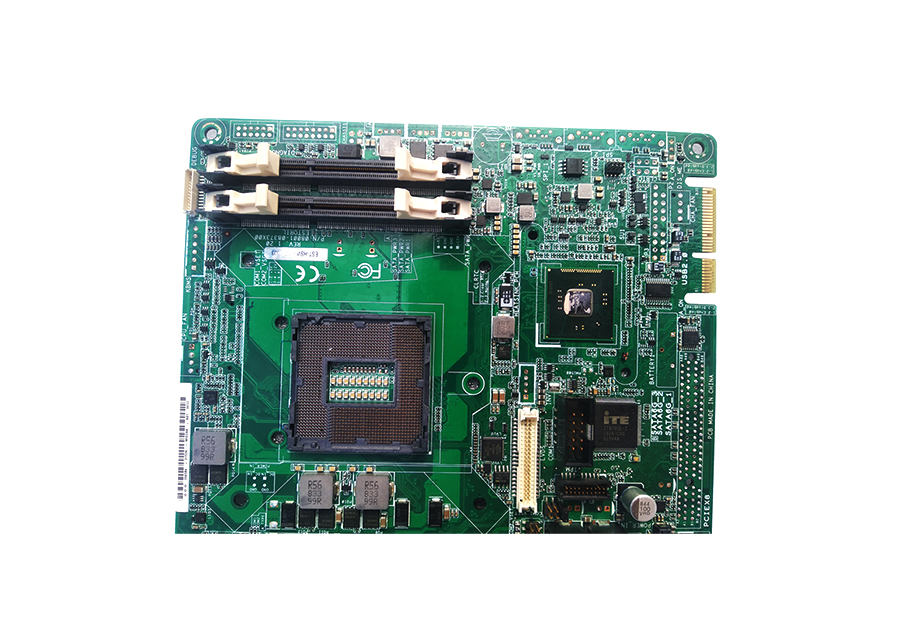-
CN
-
Service Hotline
+8618129931046 Mr. Liao


Time:2025-04-23 Views:1

Industrial automation control PCBs play a vital role in modern industrial processes, enabling precise control, monitoring, and automation of various manufacturing and production operations. These printed circuit boards are designed to meet the demanding requirements of industrial environments, such as high reliability, resistance to harsh conditions, and the ability to interface with a wide range of sensors actuators, and, other industrial devices.
One of the primary applications of industrial automation control PCBs is in programmable logic controllers (PLCs). PLCs are used to automate industrial processes by executing pre-programmed control logic. The control PCB within a PLC is responsible for processing input signals from sensors, such as temperature sensors, pressure sensors, and proximity sensors, and generating output signals to control actuators like motors, valves, and relays. These PCBs are designed with high-speed processors and robust communication interfaces, such as Ethernet, RS-485, and Profibus, to enable seamless integration with other industrial systems and devices. For example, in a manufacturing plant, a PLC with a control PCB can be used to automate the assembly line, ensuring that each step of the production process is carried out accurately and efficiently.
Another important application is in motor control systems. Industrial automation often involves the use of various types of motors, such as AC motors, DC motors, and servo motors. Control PCBs are used to regulate the speed, torque, and direction of these motors. They receive control signals from a higher-level control system and convert them into appropriate electrical signals to drive the motor drivers. These PCBs are designed with advanced motor control algorithms and power electronics components to ensure smooth and precise motor operation. In a robotic arm used in an industrial setting, the control PCB in the motor control unit enables the arm to move with high precision, allowing for accurate manipulation of objects.
Industrial automation control PCBs are also used in process control systems. These systems are responsible for monitoring and controlling continuous industrial processes, such as chemical reactions, oil refining, and power generation. The control PCBs in process control systems interface with a variety of sensors and instruments to measure process variables such as temperature, pressure, flow rate, and chemical composition. Based on the measured values, the control PCB adjusts the process parameters by sending control signals to valves, pumps, and other control devices. This ensures that the industrial process operates within the desired range, maintaining product quality and safety.
In addition, these PCBs are used in industrial communication networks. They enable the exchange of data between different devices and systems in an industrial automation setup. Industrial control PCBs with communication interfaces such as Modbus, CAN bus, and DeviceNet allow for seamless integration of sensors, actuators, controllers, and human-machine interfaces (HMIs). This enables real-time monitoring, remote control, and data analysis, improving the overall efficiency and productivity of industrial operations. Overall, industrial automation control PCBs are essential components that drive the advancement of modern industrial automation, enabling more efficient, reliable, and intelligent manufacturing processes.